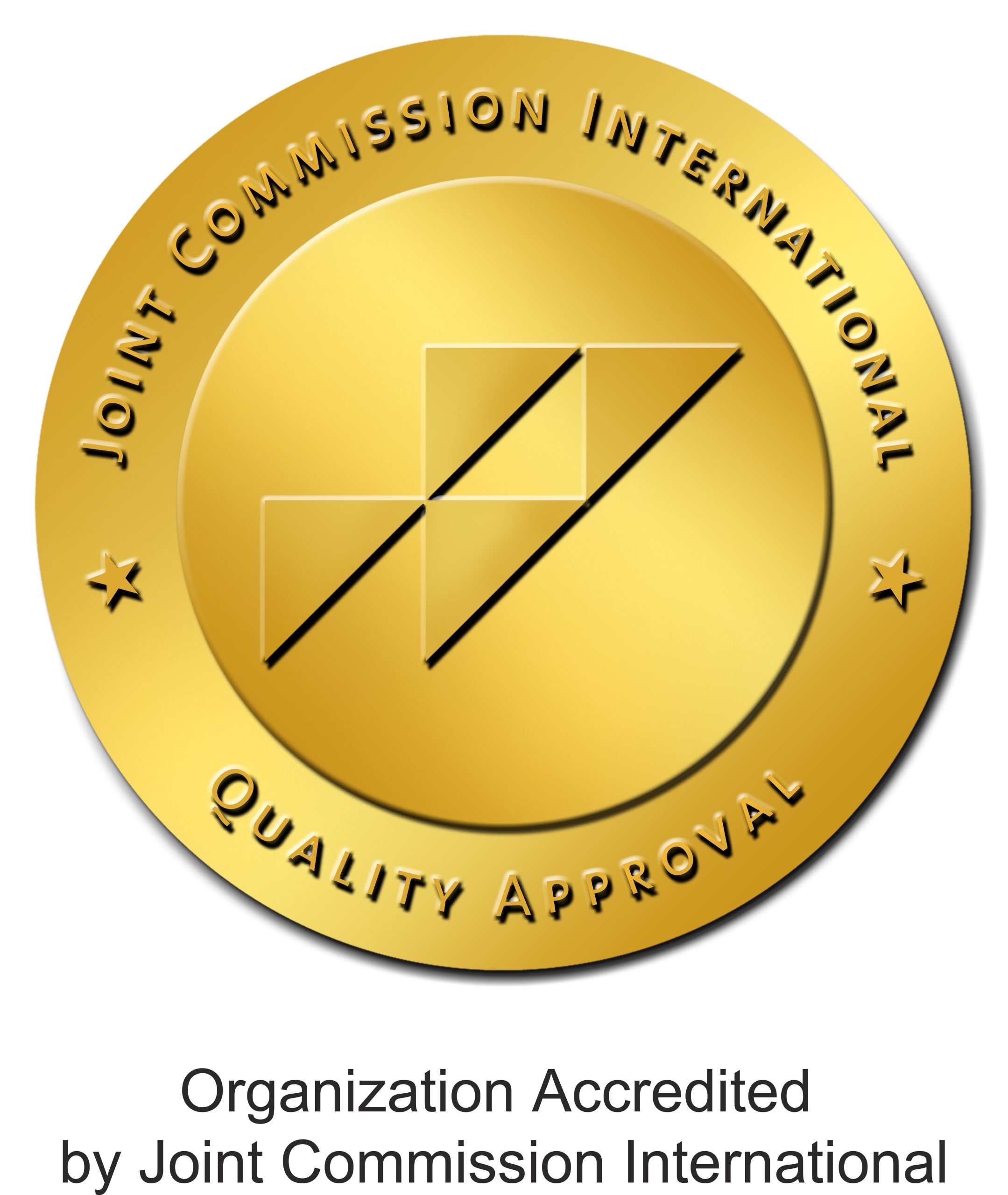Multiple Sclerosis (MS) is a chronic neurological condition that affects the brain and spinal cord, often resulting in fatigue, muscle weakness, balance issues, and cognitive changes. While medication and therapy are central to managing MS, growing research confirms the importance of nutrition in helping patients maintain energy, reduce inflammation, and support overall neurological function.
At the American Center for Psychiatry and Neurology, our multidisciplinary care model includes neurologists, nutritionists, psychologists, and physiotherapists working together to support MS patients in Abu Dhabi, Dubai, Sharjah, and Al Ain. Through personalized nutritional counseling, we empower individuals with MS to manage their symptoms and improve quality of life.
How MS Affects the Body — and Why Nutrition Matters
MS is an autoimmune disorder in which the immune system attacks the protective myelin sheath around nerve fibers. This disrupts communication between the brain and the rest of the body, leading to a wide range of symptoms.
Common MS symptoms include:
- Chronic fatigue
- Muscle spasms or weakness
- Brain fog and memory problems
- Constipation or digestive issues
- Mood disturbances or depression
While there is no specific “MS diet,” research shows that anti-inflammatory, nutrient-dense diets can help reduce flare-ups, support energy levels, and improve brain health.
Key Nutritional Goals for MS Patients
Our expert nutritionists in Abu Dhabi and Dubai focus on five core goals when working with MS patients:
1. Reduce Inflammation
Inflammation plays a major role in MS progression. We promote an anti-inflammatory diet that includes:
- Fatty fish (salmon, sardines)
- Olive oil and nuts
- Leafy greens (spinach, kale)
- Turmeric and ginger
- Berries and other antioxidant-rich foods
2. Support Brain and Nerve Health
Essential nutrients like vitamin D, omega-3 fatty acids, and B-complex vitamins help protect nerve function and cognitive abilities.
3. Combat Fatigue Naturally
We optimize meals for steady blood sugar and energy, emphasizing slow-digesting carbs (sweet potatoes, oats) and lean proteins.
4. Improve Gut Health
Many MS patients experience digestive issues. Our plans include prebiotics (onions, bananas, oats) and probiotics (yogurt, kefir) to support a healthy gut-brain axis.
5. Maintain a Healthy Weight
Managing weight can reduce strain on joints and improve mobility, which is critical for patients undergoing MS physiotherapy in the UAE.
Common Nutritional Deficiencies in MS Patients
Patients with MS are often found to be deficient in:
- Vitamin D: Key for immune regulation and neurological protection
- Vitamin B12: Crucial for myelin repair and nerve conduction
- Magnesium: Helps with muscle relaxation and energy metabolism
- Omega-3s: Reduce inflammation and support cognition
- Folate and iron: Vital for brain function and energy levels
Our nutritionists in Dubai, and Abu Dhabi provide lab testing and supplement guidance when needed, ensuring each deficiency is corrected safely.
How Our Nutrition Plans Are Personalized
No two MS patients are alike. At the American Center for Psychiatry and Neurology, each patient receives a custom plan based on:
- Medical history and current symptoms
- Medications and possible side effects
- Bloodwork and food preferences
- Physical activity level and physiotherapy goals
- Emotional wellness and mental health status
Our plans are culturally appropriate, family-friendly, and easy to follow — with support available in Arabic and English.
Collaborative MS Support Under One Roof
In addition to nutrition counseling, MS patients at ACPN benefit from access to:
- Best neurologists in Abu Dhabi and Dubai
- Psychologists trained in supporting MS-related mood changes
- Physiotherapy for mobility and balance issues
- Occupational therapy to maintain independence
Our comprehensive care model ensures that nutrition is part of a broader, coordinated strategy for long-term wellness.
The UAE Lifestyle and MS Management
Living in the UAE presents unique dietary and environmental factors for MS patients, including:
- Limited sunlight exposure → vitamin D deficiency
- High temperatures → risk of dehydration
- Sedentary lifestyle habits
- Access to fast food or processed options
Our team understands these regional challenges and works with patients to create realistic, effective solutions.
Final Thoughts
Living with MS is a lifelong journey, but with the right support, it’s possible to reduce symptoms and regain control over your health. At the American Center for Psychiatry and Neurology, we believe nutrition is a key pillar of MS management — alongside medical care, therapy, and lifestyle changes.
If you or a loved one has been diagnosed with multiple sclerosis, contact us today. Our team of neurologists and nutrition experts in the UAE is ready to help you build a personalized plan for better energy, clearer thinking, and enhanced wellbeing.



